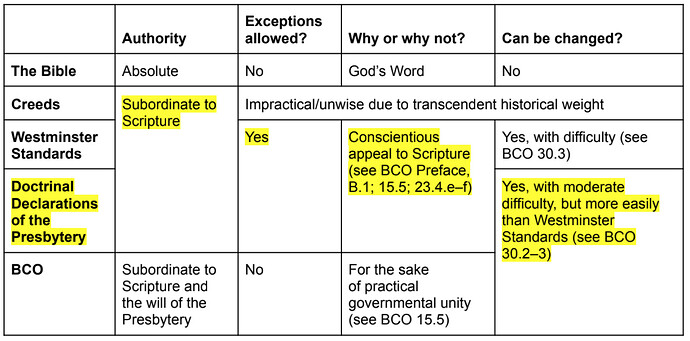I am looking for some anecdotes on y’all’s experience with mission church planting. Our church has been discussing church planting off and on for the last few years, and we’re at a point where in God’s providence, a few prospects have come up recently that have generated more serious discussion on this front than ever.
For a little context, we are a reformed baptist church that’s about 16 years old, and collectively, we don’t really have any real experience in the area of church planting. The church, itself, began as a botched Methodist church plant, which had its pastor abdicate within the first year or so, and a number of families leaving. Those who remained sought out to hire a pastor, and ended up getting – somewhat to their surprise – a Wesleyan (turning reformed) man, who had been commended to the search committee by his home church for consideration for the pastorate. The result, years later, is basically a first generation reformed baptist church, now outgrowing her building, with a fair amount of resources, but no real experience for how to reproduce itself carefully and in good order.
We’ve all seen too many church plants get off on poor footing, without the protection or foresight of an established eldership, having no coherent membership, and so forth. We don’t want that, and so we’re trying to approach this topic very cautiously.
I’ve read the Evangel Presbytery BCO sections 5-6 on the organization of a particular church. While we’re not presbyterian, I find the framework presented there to be very instructive and helpful. There’s a lot there that matches what I think we’d envision doing, with the exception that the end goal for us would be an autonomous particular church, without the formal tie to a presbytery. I’m not looking to discuss presbyterianism vs. local church autonomy here, but just sharing a bit about what’s in my own head right now .
For the purposes of this thread, I’d really kinda just like to hear some stories from folks who have been involved in church plants that have been “successful.” I’d like to hear things like:
- What was the impetus for church plants you’ve been a part of? Did your congregation outgrow your location? Did you have a number of families living a bit too far away? Or was it a missional church plant that was trying to target a specific community?
- How did the initial church polity work out? Were you under the oversight of a sending church? Formally or informally?
- How was church membership handled in the infancy stages of the church?
- What is the biggest advice you would offer to churches considering this for the first time?
